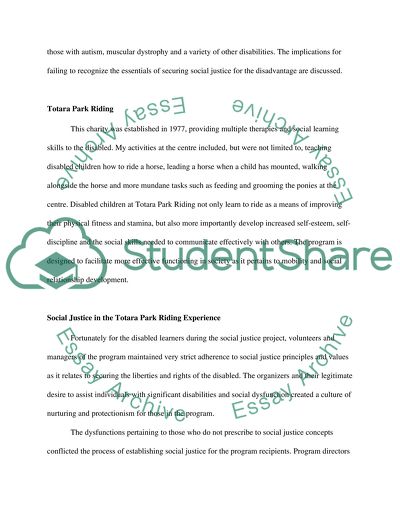Cite this document
(“Social Justice Term Paper Example | Topics and Well Written Essays - 2500 words”, n.d.)
Retrieved from https://studentshare.org/health-sciences-medicine/1401299-social-justice
Retrieved from https://studentshare.org/health-sciences-medicine/1401299-social-justice
(Social Justice Term Paper Example | Topics and Well Written Essays - 2500 Words)
https://studentshare.org/health-sciences-medicine/1401299-social-justice.
https://studentshare.org/health-sciences-medicine/1401299-social-justice.
“Social Justice Term Paper Example | Topics and Well Written Essays - 2500 Words”, n.d. https://studentshare.org/health-sciences-medicine/1401299-social-justice.


